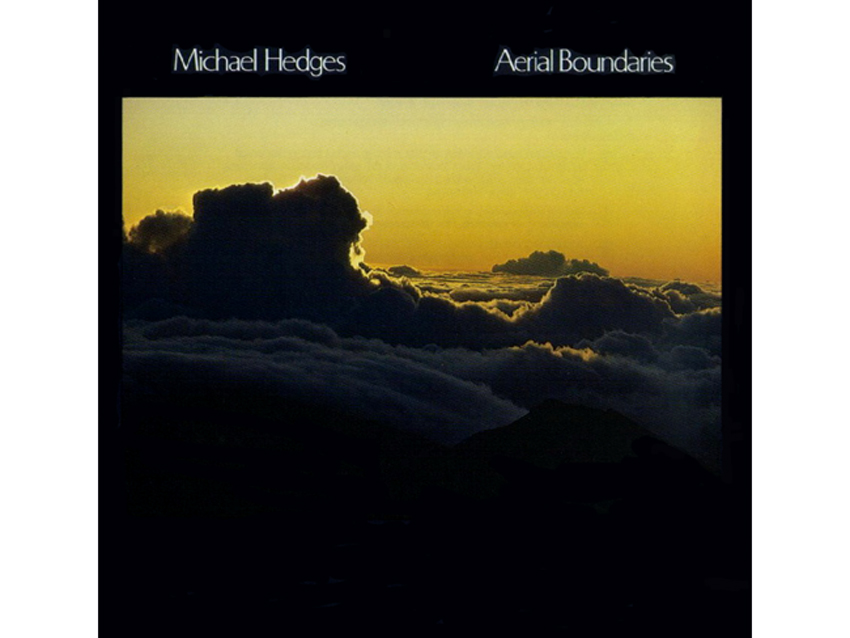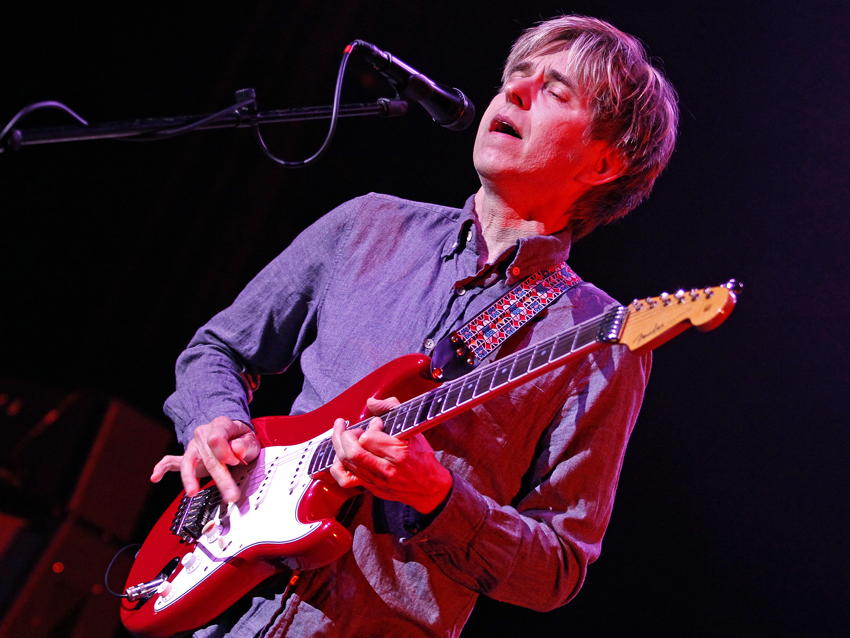
Eric Johnson: the 10 greatest guitar tones of all time
“I first became aware of tone probably the first time I heard the electric guitar," says six-string master Eric Johnson. "Nokie Edwards had such a great sound. He didn’t really do the distortion thing, but his clean tones were amazing. He was the first guy I remember hearing where it was kind of, 'Wow, that's something. That's really special.'"
Through the years, Johnson's own guitar sound - a rich, full mix of clean and overdriven tones that results in creamy, violin-like leads - has become one of rock's most unique and recognizable voices. "That's a big part of the goal," he says. "It's one thing to become a good player and write songs that people like. But to have a sound where people can pick you out and they know that's it's you, that's pretty cool."
While Johnson admits that he's been greatly influenced by the sonic masters of rock's golden age, he points to Nirvana's Kurt Cobain as "somebody who had a real purity" in his guitar sound. "It was like a buzzsaw," he says. "But there was a beautiful, elegant gnarliness to it, and it was totally applicable to the music he made. Kurt's guitar tone pulled me right in to what he was singing about. It helped deliver the message in a real powerful way."
As for how tone affects his own creativity, Johnson says that sometimes hearing a certain frequency can make all the difference. "When I sit down to write, if I hear a great sound, it inspires me immediately," he says. "I might not even have an idea yet, but a certain sound, when it hits my ears, it’ll send me off in a new direction. Those are the moments you wait for.”
On the following pages, Eric Johnson runs down what he considers to be the greatest guitar tones of all time. If you want to hear Johnson conjure up his trademark sonic brilliance live, check out his current tour dates right here.
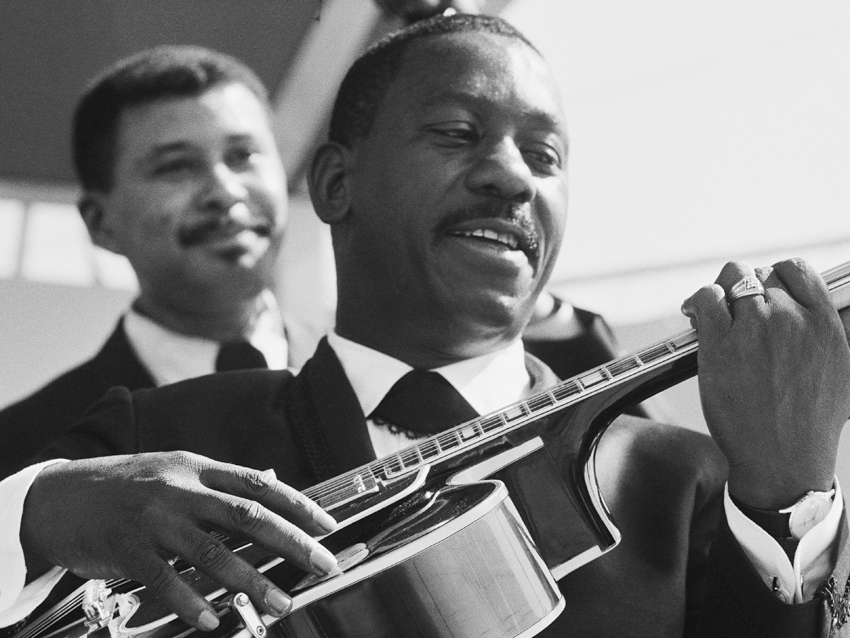
Wes Montgomery
“These are two great examples of gorgeous tone. Movin’ Wes is him performing in the studio, so you really hear him unadulterated, just doing his thing. Wes played with his thumb, and so right there that maybe contributed to the unique sound he got from his guitar. What he did was different from anybody else.
“I’ve experimented with this approach and positioned my thumb right where he used to. He had a sweet spot that he liked, and he knew how to work it. He would grab the pickguard with his fingers – there were literally holes dug in because his nails would grab the pickguard so much – and it’s like he anchored them there. That’s where he wanted his hand so he would get that sweet spot with the thumb. He knew what he was doing.
“More than that, Wes' tone sounded like there was a microphone in front of his guitar all the time. I always wondered if they put a mic in front of his L5 or something. I doubt they did, but there is a nice, airy, super hi-fi quality to it that just permeates the whole recording.
The song Round Midnight is earlier Wes with a real open jazz guitar sound. There’s a rich lushness to it, but it has a nice top end, as well. The combination is absolutely phenomenal.”
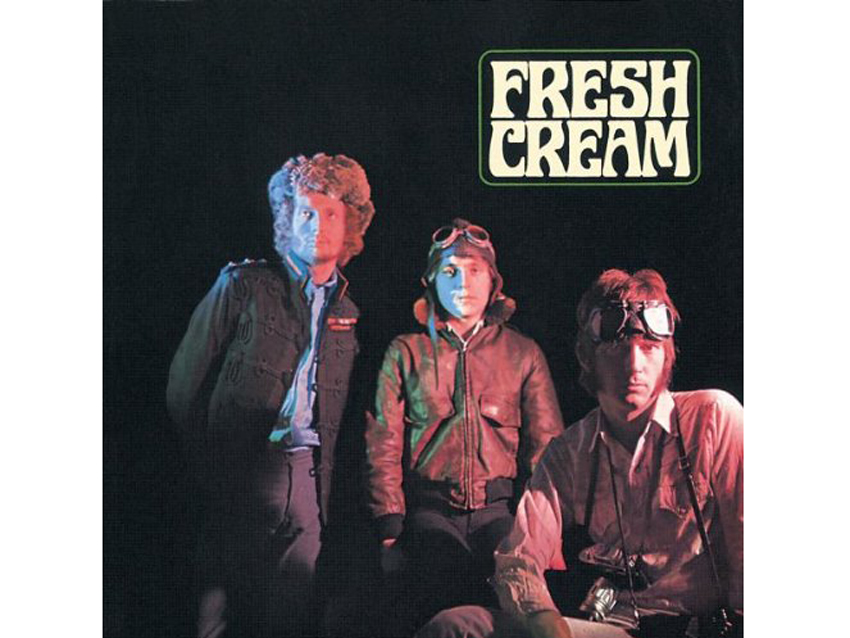
Eric Clapton
“The tone of the guitar on Fresh Cream is just killer and totally classic. It's very interesting about the old Les Pauls – some of them didn’t really sound that good. But if you happened to have a good one, you had something really special.
“Clapton sounds fantastic on the whole album, especially on the song Sleepy Time Time. He had the quintessential setup: a killer Les Paul through a super-early Marshall. It sounds as if he had the amp cranked, but I don’t know if he had the mic close to the cabinet. He might have had it back five or six feet away. Whatever he did, the result is so cool.”
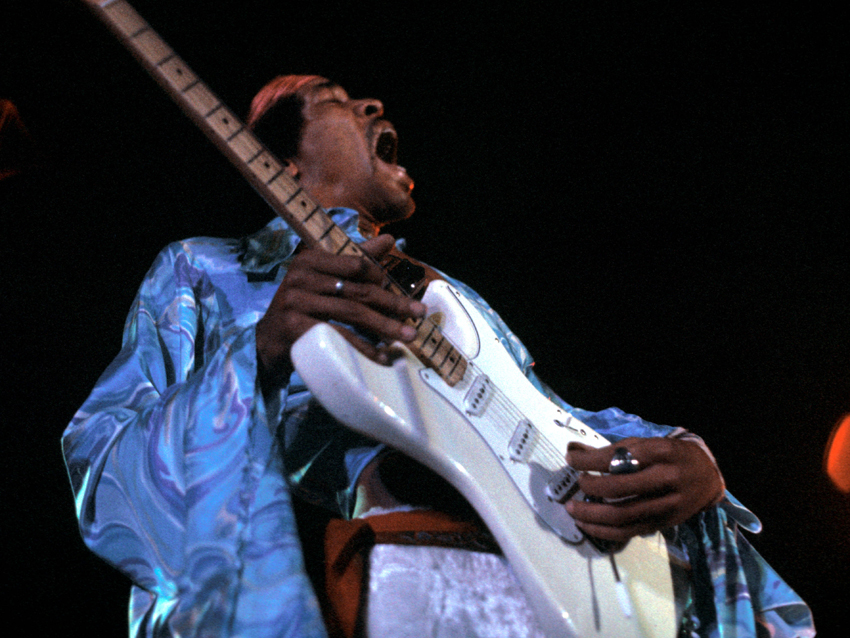
Jimi Hendrix
“Jimi had great clean tones throughout Electric Ladyland. The fuzz sound he got on the song Love Or Confusion I would say is just about perfect. And then there’s the semi-clean tone on the lead of May This Be Love – such an interesting blend.
“When I hear Jimi’s guitar on Electric Ladyland, it seems like the EQ is flat. It’s not hyped with bass, it’s not hyped with treble, it’s just a pure sound. I think part of that was enhanced by the old-time consoles with tube compressors and wonderful old tube mics. All of that accentuated what was already pretty beautiful.
“Are You Experienced was so ahead of its time. Hendrix’s sound here is utterly unique. It’s not that he was a shredding hero, but that he was a total musician who wrote great songs with wonderful melodies and lyrics. It was imperative that he picked an instrument that could reproduce the colors and textures he was hearing in his head. I would say he pulled the guitar – and guitar tone – up to the level of the music he was writing. It was a huge leap forward.”
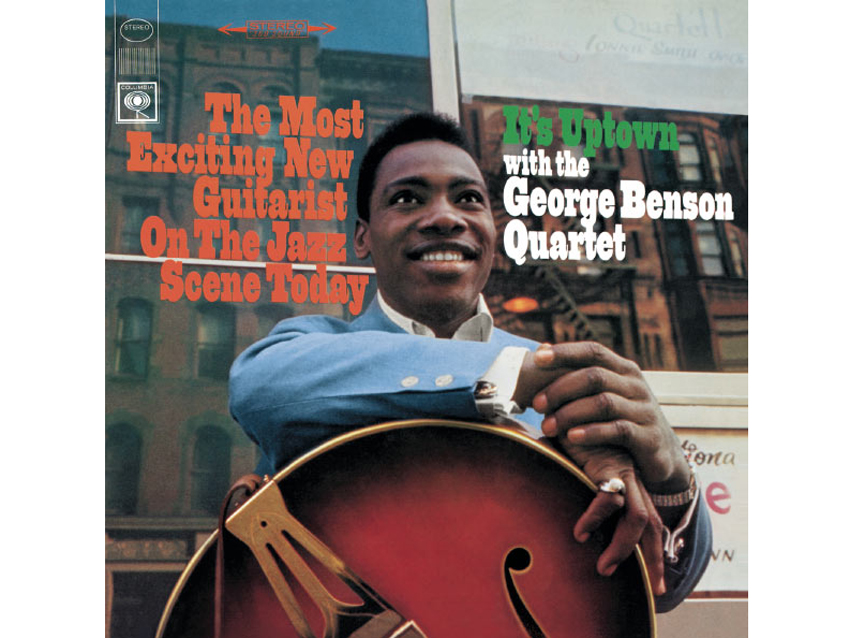
George Benson
“It’s a little bit like Wes Montgomery, but it’s George’s own thing. You’ve got a straight-ahead, big box Gibson guitar through a real simple tube amp. His technique is so beautiful and fluid on this record. Again, he’s got a little bit of the Wes style, but he already has his own approach and tone and would expand of them through the years. This is a great-sounding record.”
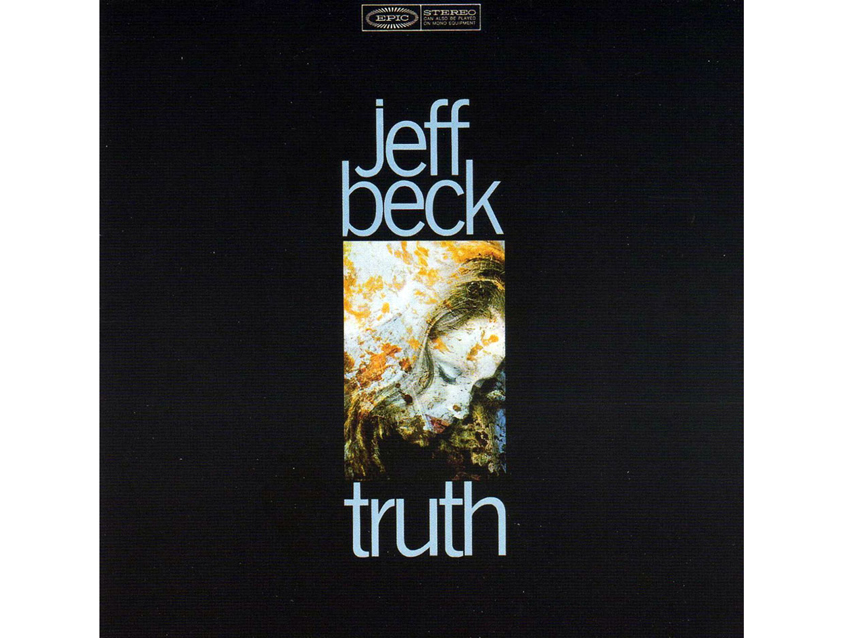
Jeff Beck
“Just like Eric Clapton on Fresh Cream, you had Jeff playing a Les Paul through a Marshall. I never asked him about this, but I heard that one of the reasons why the album has a certain kind of sound is because Jeff was working on it in-between Beatles sessions at Abbey Road. His guitar was so loud that they had to put his amps inside cupboards. He does have a very mid-rangey tone, almost like a wah-wah is halfway on.
“That’s what I was told, and it would make sense. If you put a cabinet in a small, enclosed place and stuck a mic in front of it, it would accentuate the frequency by about 1k.”
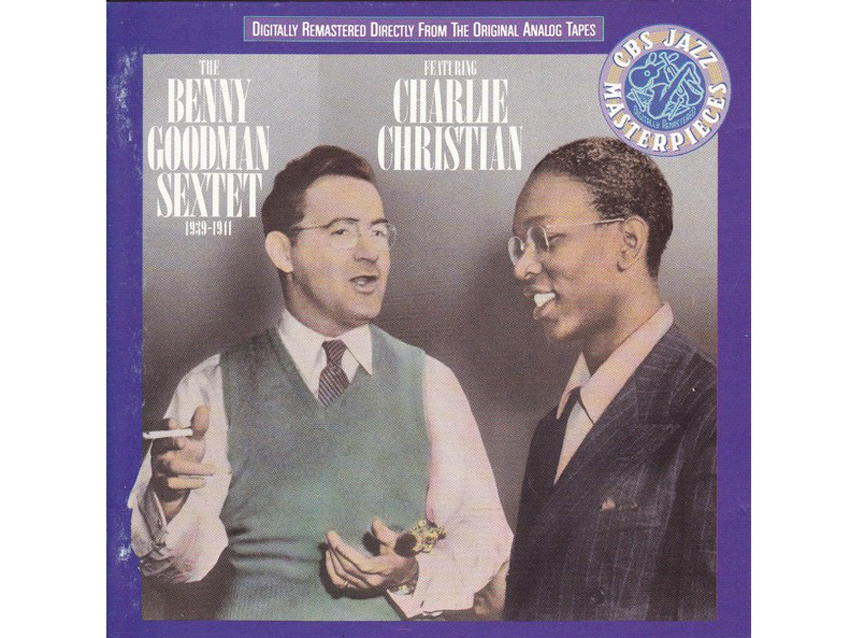
Charlie Christian
“This one is really great. Charlie’s amp sound is so tremendous. Because the amplifiers didn’t have any headroom, they started to distort just a little bit. Charlie played these single lines, and with that little bit of distortion coming through, he sounds kind of like a horn. It’s an unintentional effect, I’m sure, but it’s one I just love hearing.”
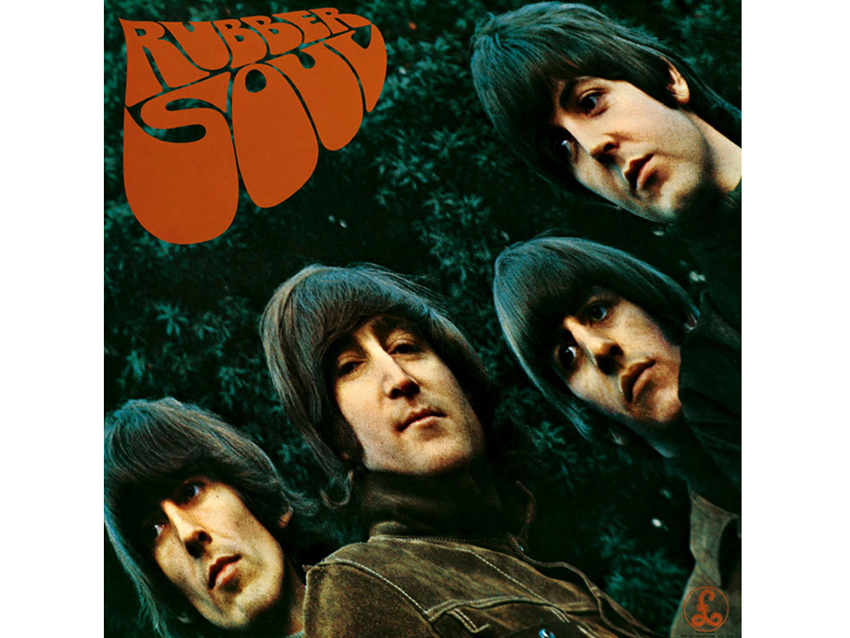
George Harrison
“What a great tone, man. You’ve got that treble boost AC30, which is probably one of the definitive Vox sounds. It rings out so beautifully and just surrounds you. I always thought George was playing a Rickenbacker, but he was playing that pale blue Strat that he got at the time.
“I’m just guessing, but the solo sounds pretty worked out. Like all of George's leads, it tells a complete story from beginning to end. But what really makes it shine is the sonic choreography that accompanies it. All in all, it's the consummate solo.”
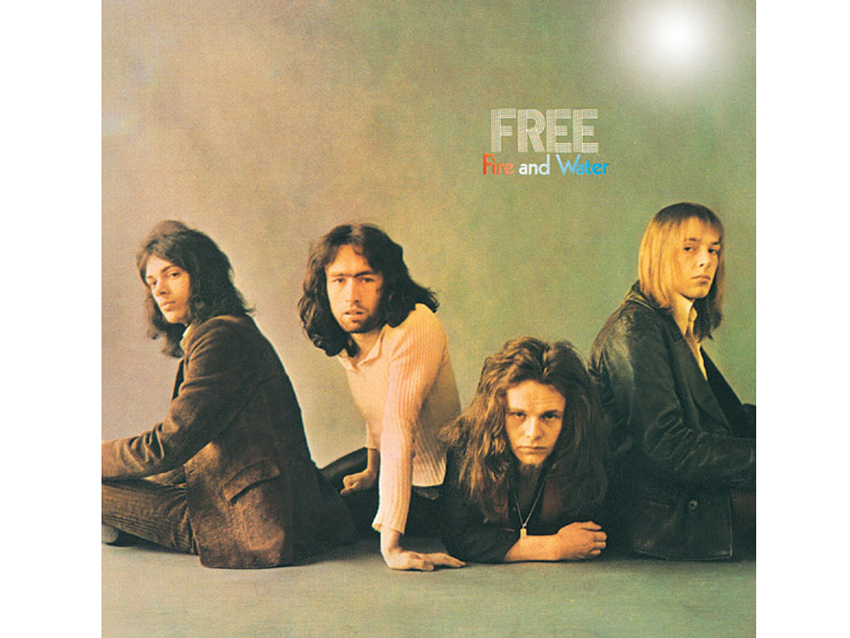
Paul Kossoff
“Oh my, this one is killer! I mean, Paul Kossoff was such an amazing soloist, but I always loved the way he played rhythm. His power rhythm, that crunch – he was a master at muting the strings with his right hand where he wasn’t playing. You had this big fat punch of the chord – perfectly played, perfectly in tune – without a lot of spurious stuff going on.
“The way the song starts – two chords and you just fall in love with it. Unbelievable! And he could do it live, too. I’ve watched some live video of those guys, and he still got it going on stage.”
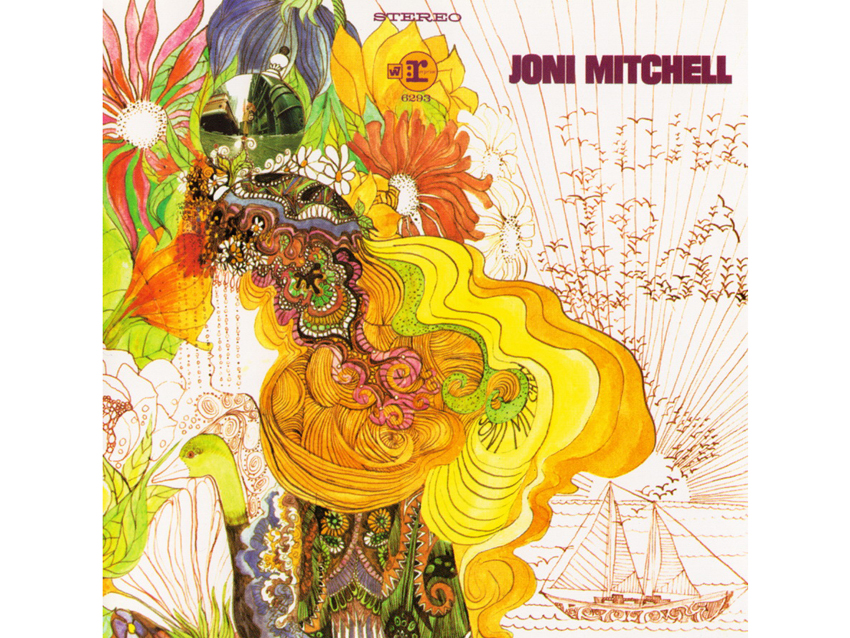
Joni Mitchell
“I love those early Joni Mitchell albums. There’s nothing too elaborate here, just a nice old Martin and a couple of mics, with somebody fingerpicking. It's all very straight ahead. You don’t need anything more than that.
“I think Joni was entering an incredible phase of creativity. Technically, she probably didn’t know what she was doing, but she was a perfect candidate to receive these musical messages from the universe. She came up with these unbelievable chords and parts – it was like some sort of force was using her as an instrument. A lovely vibe on this record. Cool vibe, cool vibrations.”
Joe is a freelance journalist who has, over the past few decades, interviewed hundreds of guitarists for Guitar World, Guitar Player, MusicRadar and Classic Rock. He is also a former editor of Guitar World, contributing writer for Guitar Aficionado and VP of A&R for Island Records. He’s an enthusiastic guitarist, but he’s nowhere near the likes of the people he interviews. Surprisingly, his skills are more suited to the drums. If you need a drummer for your Beatles tribute band, look him up.
